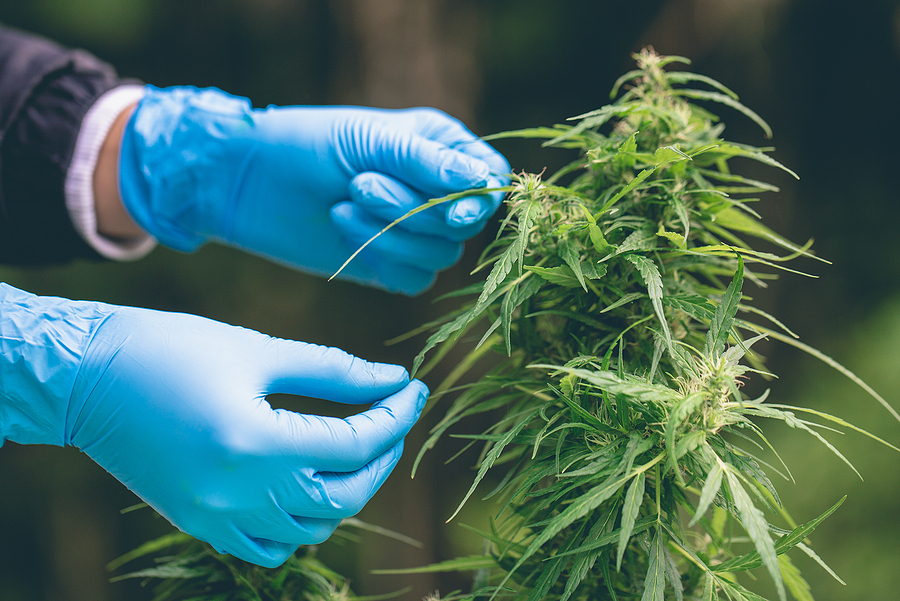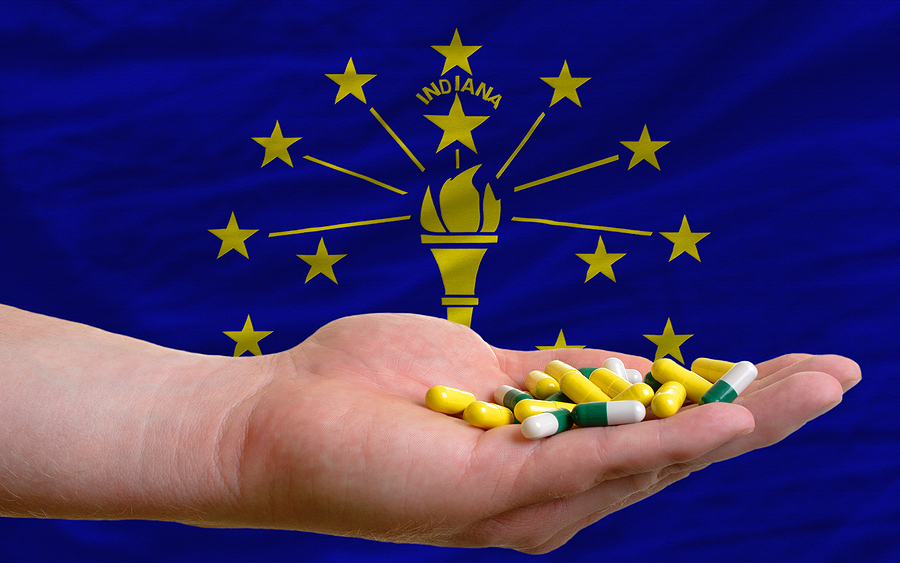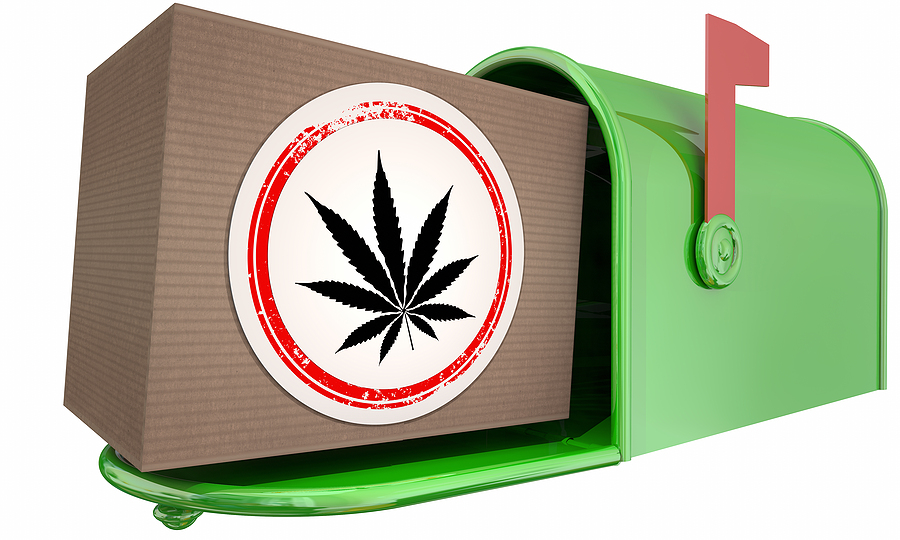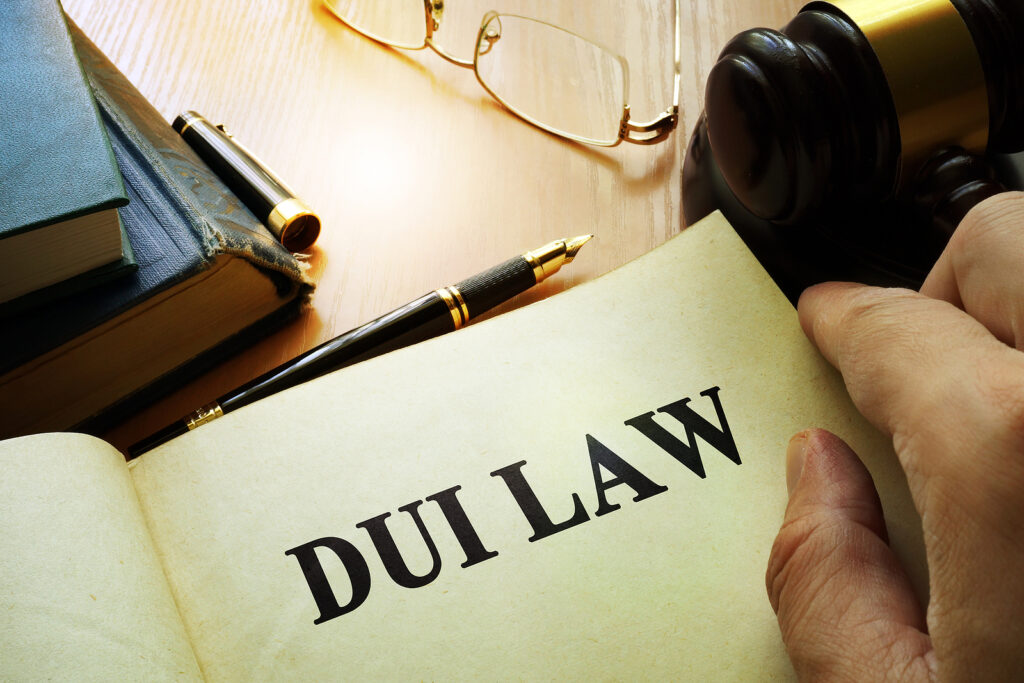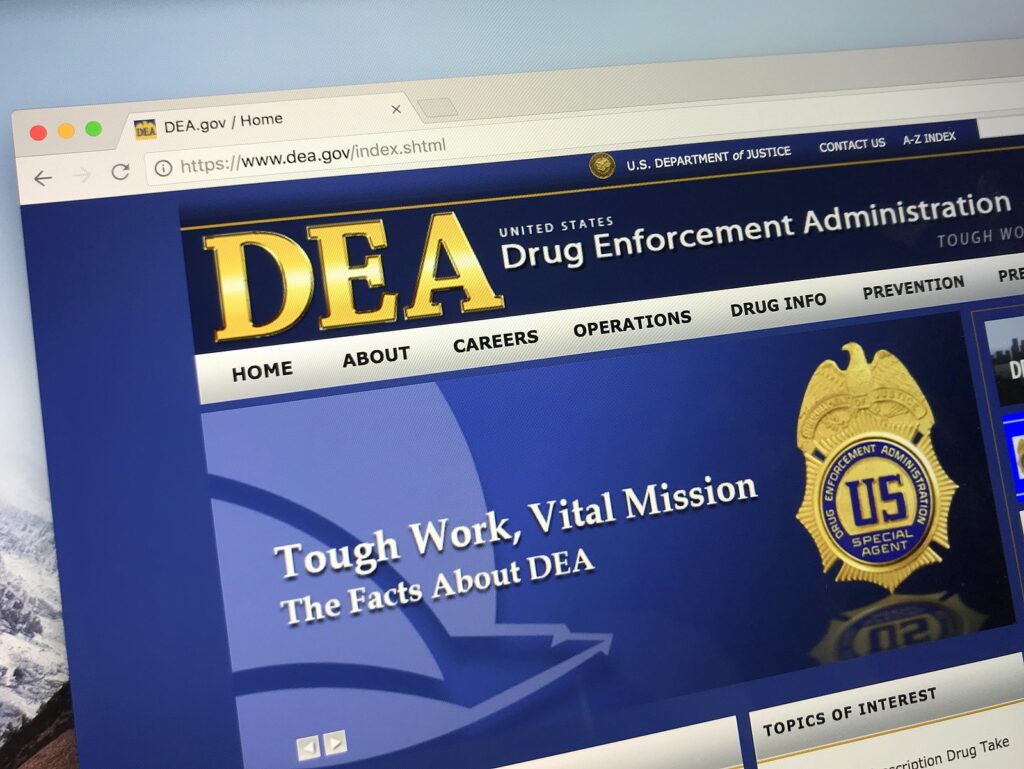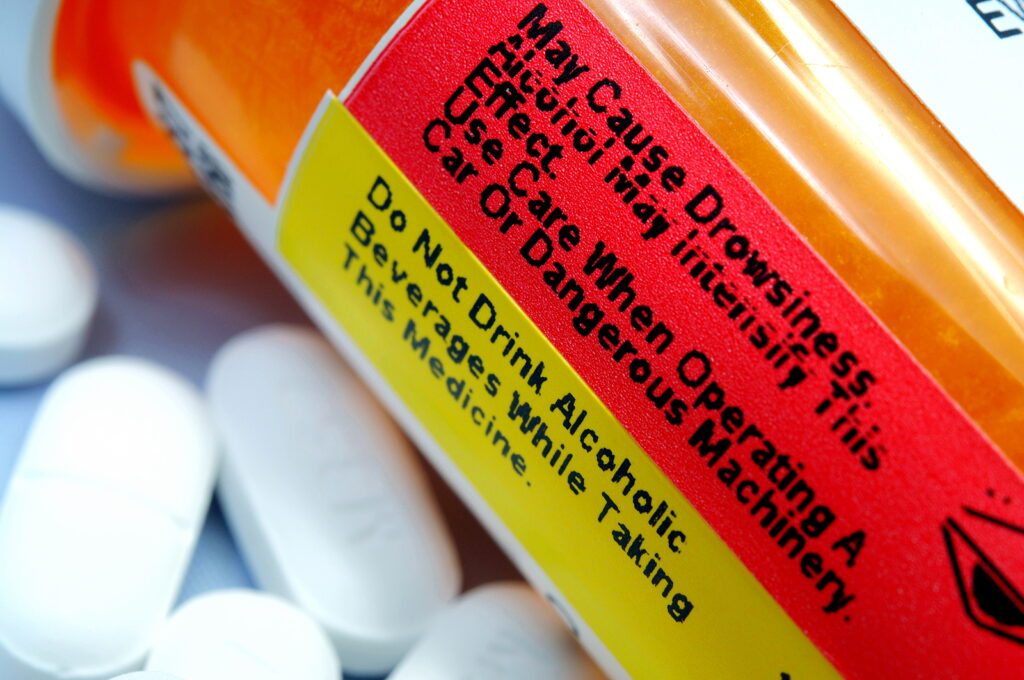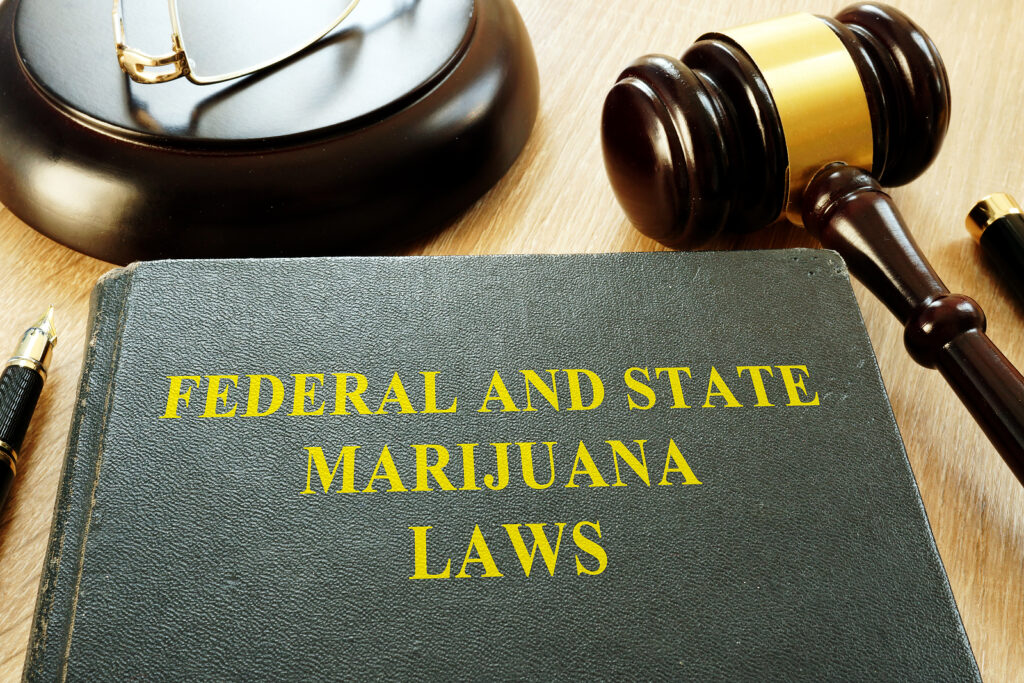If you live in Indiana, it is important to be aware of the state’s Drug Schedules. Drug possession and trafficking are serious crimes which can carry severe penalties in Indiana. Drug Schedules classify controlled substances into different categories based on their potential for abuse and medical value. Knowing which drugs fall under each schedule can help you stay informed about drug laws in your state and protect yourself from legal trouble. In this blog post, we will discuss Indiana’s Drug Schedules and what they mean for drug possession cases.

Facts About Drug Scheduling in Indiana
Drug use, possession, or trafficking is illegal in Indiana. The state’s Drug Schedules are determined by the Drug Enforcement Administration (DEA) and state law. Schedules are I through V, with schedule 5 drugs being the least potential for abuse.
Schedule I Drugs
Drugs in Schedule I have no medical value, a high potential for abuse, and can lead to addiction. These drugs include heroin, LSD, ecstasy, and marijuana. Possession of these drugs can result in a Level 5 felony with up to six years in prison and fines up to 10,000 dollars.
Schedule II Drugs
Drugs in Schedule II have a lower potential for abuse and are sometimes used in medical treatments such as pain relief. These drugs include codeine, morphine, opium, cocaine, methamphetamine, and hydrocodone. Possession of these drugs can result in a Level 6 felony with up to two-and-a-half years in prison and fines up to 10,000 dollars.
Schedule III Drugs
Schedule III drugs have a relatively low potential for abuse and are sometimes used for medical treatments such as pain relief. These drugs include ketamine, anabolic steroids, testosterone, and some depressants. Possession of these drugs can result in a Level 6 felony with up to two-and-a-half years in prison and fines up to 10,000 dollars.
Schedule IV Drugs
Schedule IV drugs have an even lower potential for abuse than Schedule III drugs and are also sometimes used for medical treatments such as pain relief. These drugs include Xanax, Valium, Ambien, and restoril. Possession of these drugs can result in a Level 6 felony with up to two-and-a-half years in prison and fines up to 10,000 dollars.
Schedule V Drugs
Lastly, Schedule V drugs have the lowest potential for abuse and are used medically often as cough medicines. These drugs include some anti-seizure medications and some anti-nausea medications. Possession of these drugs can result in a Class A misdemeanor with up to one year in prison and fines up to 5,000 dollars.
Facing Drug Charges in Indiana?
Dealing with legal issues is never easy, yet even more so when the matter involves drug-related offenses. If you have been charged and need assistance from a professional, then enlist an experienced criminal defense attorney. These lawyers have experience and knowledge of the court proceedings for such matters, allowing them to effectively represent defendants like yourself no matter what situation you’re in. They will negotiate on your behalf to ensure that you receive the maximum benefit throughout and after the process. Contact an experienced criminal defense attorney in Indianapolis to ensure that you receive fair treatment and obtain the best possible conclusion to your case.
If you are arrested for a drug crime in Indiana, it is important to seek legal representation as soon as possible. Contact Attorney David E. Lewis at 317-636-7514 to schedule a free consultation with a licensed drug defense lawyer in Indianapolis, Indiana. We can start working on your case TODAY.
Related Posts:
Unpacking the Legal Status of Marijuana Across the United States
Marion County Grants Legal Leniency for Minor Marijuana Offenses
Is Marijuana Legal in Indiana Yet?
Is it Legal to Buy Marijuana in Illinois and Bring it Back to Indiana?


